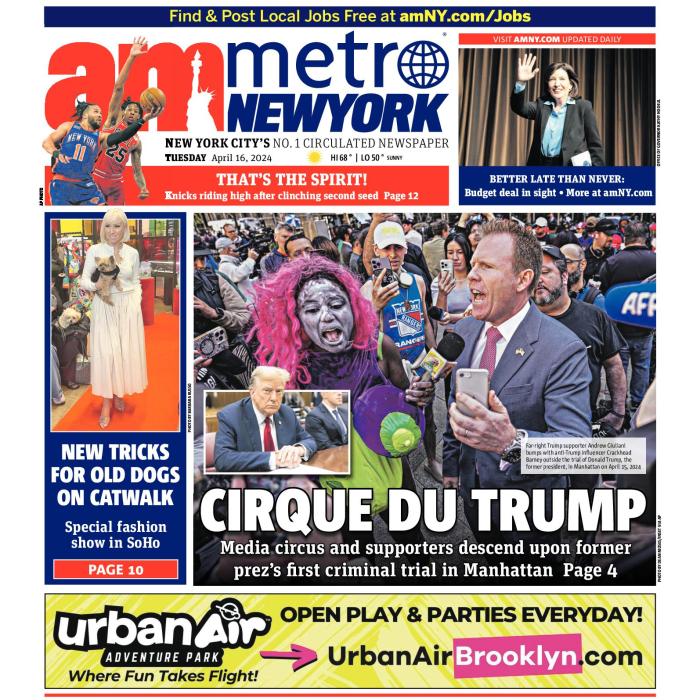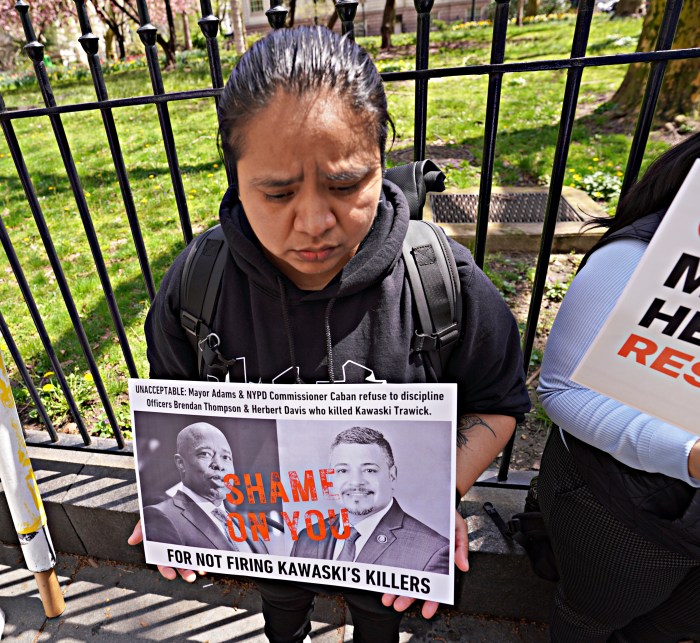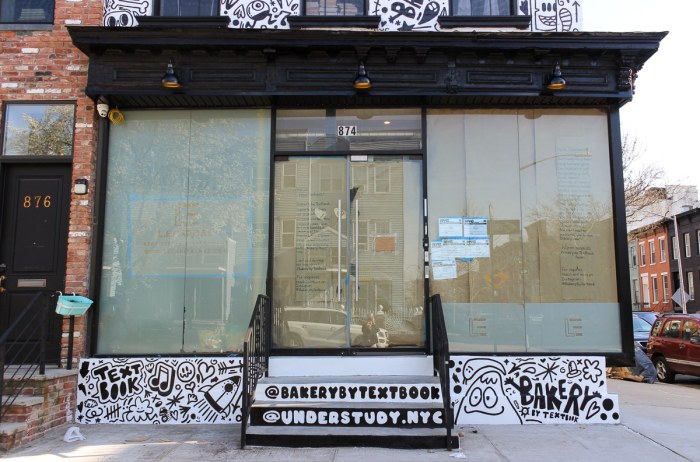New York City is in danger of losing its standing as the world financial capital, according to a report analyzing the financial services sector since the collpase of 2008.
The financial services sector has lost 25,000 largely middle-wage jobs in the last five years, and 50,000 since 2000.
While the financial sector accounts for 20% of the Big Apple’s economic output, $8 billion annually in city taxes and 310,000 jobs (8% of the city’s employees), it is imperiled by growing competition from financial hubs such as London, Hong Kong and Singapore, according to the report by Partnership for New York City and the Gerson Lerman Group.
The report’s data was taken from a survey of 50 banks, insurance and financial service companies, asset managers and real estate companies.
Cities such as Phoenix, Dallas and San Antonio, which have shown robust job growth in financial services jobs, were also stealing NYC’s thunder, said the report, titled “At Risk: New York’s Future as thr World Financial Capital.”
It’s actually great news that “New York City is a lot less dependent on Wall Street than it was 10 or 20 years ago,” but the city still needs to explore “specific policies” to hold onto good-paying middle class jobs such as those in the finance sector, said Jonathan Bowles, executive director of Center for an Urban Future. “Those high-paying jobs are key for the city, and finance serves as a catalyst for growth in legal services, tech and other sectors,” Bowles said.
Also at fault, the report said, is the “regulatory enviroment” and “a punitive legal, tax and political environment (that) limits profitability, growth and innovation,” in NYC, said the report, which then offered a stunningly diverse set of prescriptions to burnish Wall Street’s crown.
These include a reduction of commercial, “patent” and personal income taxes, significant investment in public transit and airport capacity and quality, development of more affordable housing, investment in digital infrastructure and cyber security, and “a more conducive legal environment,” by restoring the NYS Department of Financial Services to a regulatory role instead of one of enforcement.
Also on the wish list was collaboration by government, educators and industry to give kids a “road map” for financial services careers and “a concerted marketing campaign” to explain the industry’s contributions.
At a news conference yesterday, Mayor Bill de Blasio said he had not seen the report, but noted, “I’m not a fan of tax incentives for the finance industry. I know that was something that was offered in previous administrations; that’s not on the agenda for us.”
But, he continued, how his administration plans “to keep the industry strong here conforms exactly with the bigger plans we have in place” that benefit everyone — improved schools, the creation of more affordable housing, and even greater reductions in crime. “Part of continuing to have a strong business sector and finance sector is continuing to keep this the safest big city in the country,” he said.
Many New Yorkers have little sympathy for Wall Street workers, imagining uber wealthy CEOs and hedge fund managers, “but those guys are not the norm,” said Nelson Gomez, 47, a Wall Street compliance officer who lives in Midwood. “The average person who works on Wall Street is suffering like everybody else,” struggling with the high cost of living in NYC, and working harder than ever before in a do-more-with-fewer-people workplace, said Gomez.
“There’s no more, ‘Let’s go to Delmonico’s for a steak lunch!’ all the time,” as there was in the Street’s heyday, he said.
Part of the industry’s problem has been “hubris” from within, he said, but local recruitment also suffers as a result of “the vilification” finance professionals receive in famously liberal NYC, Gomez said. “There’s a lot of negative media concerning Wall Street,” he complained.
Nancy Ploeger, president of the Manhattan Chamber of Commerce, lauded the report but said Wall Street wasn’t the only business entity hurting: “We are losing middle class jobs, period,” she said, noting that the commercial rent tax levied in Manhattan below 96th St. “is the only tax of its kind in the nation,” and small businesses were suffering, too.
Steven Barrison, legal counsel to TakeBackNYC, an advocacy group for small businesses, was astonished by the report’s recommendations. “There is a big difference between a decline in profits and the loss of your life savings and the American Dream,” he said, adding that NYC’s small businesses — facing 300% increases in rent, in some cases — were under siege, with as many as 1,000 closing their doors each month. Small businesses, he said, were far more deserving of targeted assistance, incentives and protections from government than Wall Street.
















